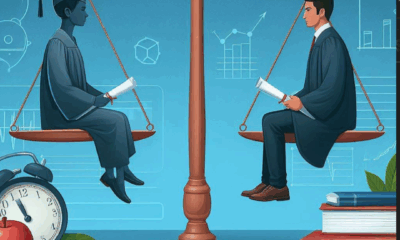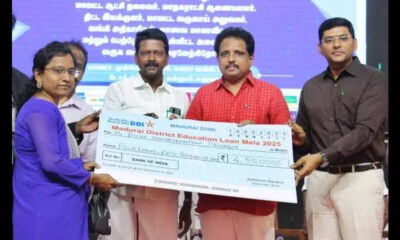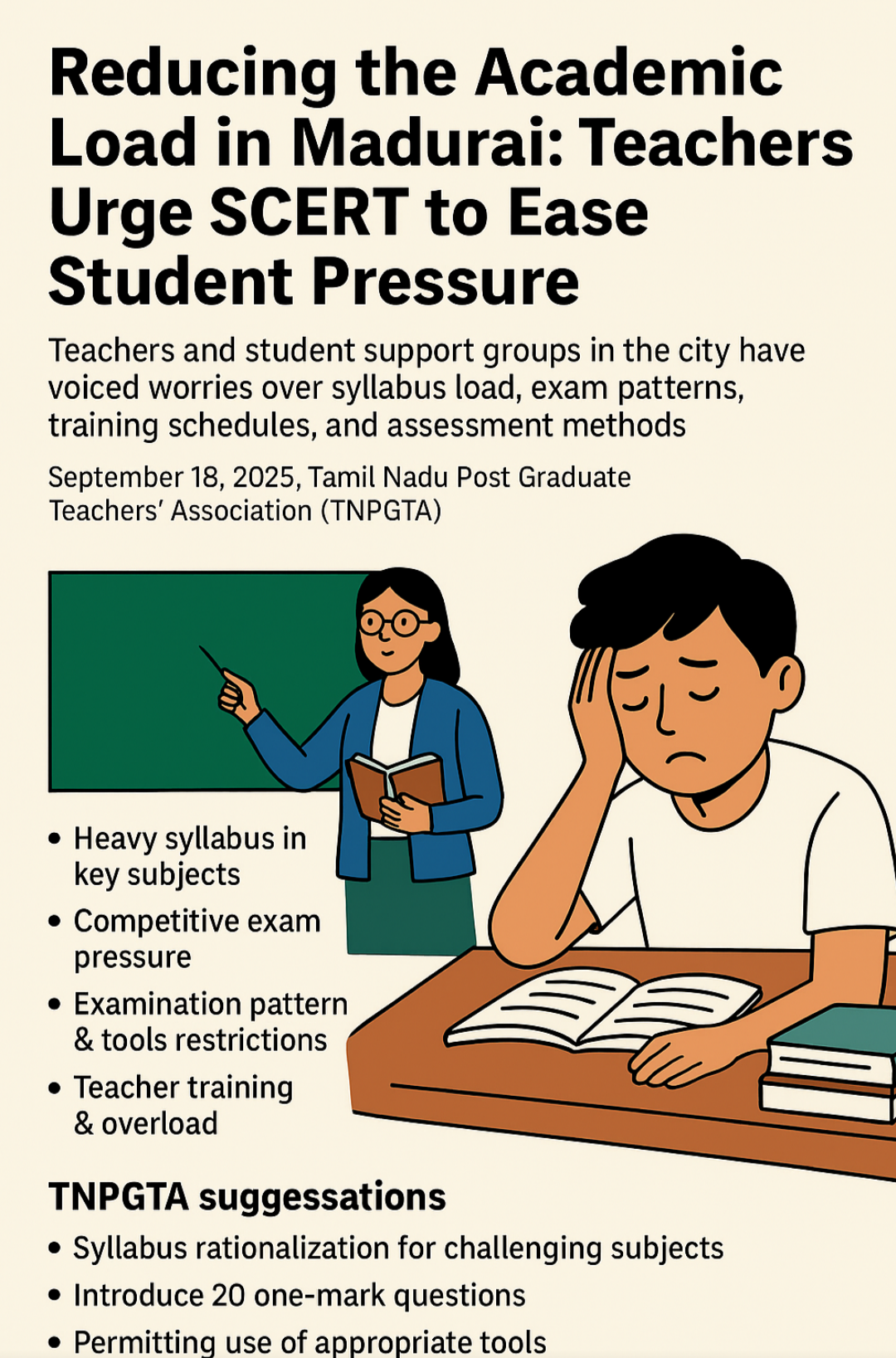Education
The Role of Women’s Colleges in Empowering Madurai’s Young Women
Madurai, one of Tamil Nadu’s oldest cities, is not only a cultural landmark but also an educational hub that has played a pivotal role in shaping women’s education in South India. Known for its temples, literature, and historical heritage, Madurai is equally recognized for pioneering institutions that focus on women’s empowerment through education. Women’s colleges in the city—such as Lady Doak College, Fatima College, and V.V. Vanniaperumal College—have done more than provide degrees; they have transformed lives, nurtured leadership, and opened pathways for thousands of young women to step confidently into professional and social spaces.
Historical Significance
The foundation of women’s colleges in Madurai can be seen as part of a broader movement toward gender equality in education. For decades, higher education in India was largely male-dominated. Establishing women’s colleges in Madurai was not just about academics; it was about breaking barriers.
Lady Doak College, founded in 1948, was Madurai’s first women’s college. It became a beacon for families hesitant to send daughters into co-educational spaces.
Fatima College, started in 1953, extended this movement by offering women an environment of academic freedom combined with cultural grounding.
Later, institutions like V.V. Vanniaperumal College for Women in Virudhunagar (closely connected with Madurai’s educational network) further expanded opportunities for rural women.
Together, these colleges created a culture of access, allowing women from different backgrounds—urban, rural, and semi-urban—to step into higher education.
Empowerment Through Academics
The academic programs in women’s colleges go beyond the classroom. Students are encouraged to build strong foundations in arts, science, commerce, and professional courses. Madurai’s women’s colleges focus on:
First-generation learners – enabling young women from families with no prior college exposure to become degree holders.
Career readiness – offering specialized courses in management, computer science, and commerce, aligning with job market demands.
Research & innovation – some colleges run active research centers, helping women take leadership roles in academia.
This focus empowers women not only to graduate but also to compete globally.
Beyond Books: Building Confidence and Leadership
One of the greatest strengths of women’s colleges in Madurai is how they create safe yet ambitious environments. In co-ed institutions, many women hesitate to take leadership positions due to social or cultural restrictions. But in women’s colleges, students become:
Student leaders through associations, clubs, and councils.
Public speakers in debates, seminars, and conferences.
Change-makers in social outreach programs, including NSS (National Service Scheme) and women’s development cells.
The result? Young women graduate not just with degrees, but with confidence to speak, lead, and take initiative in workplaces and communities.
Cultural & Social Empowerment
Women’s colleges in Madurai do not ignore culture; instead, they blend it with modern education. Cultural festivals, fine arts competitions, and traditional events coexist with seminars on entrepreneurship and global trends. This ensures that students remain rooted in their identity while also becoming modern thinkers.
Importantly, many colleges run extension activities—reaching rural areas with literacy drives, health awareness programs, and women’s self-help group support. These efforts build a sense of social responsibility and community leadership.
Economic Empowerment
The job-oriented training offered in Madurai’s women’s colleges has direct economic benefits:
Courses in accounting, IT, management, and entrepreneurship prepare graduates for both employment and self-employment.
Placement cells bring recruiters to campuses, ensuring women enter industries ranging from IT to banking.
Entrepreneurial programs encourage women to start small businesses and become job creators.
Thus, education in these colleges translates into financial independence, one of the strongest tools for empowerment.
Breaking Social Barriers
For many families in Madurai and nearby districts, sending a daughter to college was once seen as unnecessary or even risky. Women’s colleges changed this perception. They offered safe campuses, hostel facilities, and supportive staff, which reassured parents and encouraged them to let daughters pursue education.
This has gradually shifted community attitudes:
Marriage is no longer the only milestone for young women; careers and education are equally celebrated.
Rural families see higher education as a pathway to upward mobility.
Educated women, in turn, become role models, inspiring younger girls in their neighborhoods.
Challenges Ahead
Despite their successes, women’s colleges in Madurai face challenges:
Some rural students still struggle with the digital divide, especially in online learning.
The need for more skill-based programs aligned with emerging fields like AI, data science, and renewable energy is growing.
Balancing academic rigor with mental health support is essential, as students often face pressure from both families and society.
Addressing these issues will ensure women’s colleges remain relevant in the fast-changing educational landscape.
The Road Ahead
The future of women’s empowerment in Madurai rests on innovation with inclusivity. If women’s colleges continue to embrace modern technologies, global collaborations, and industry partnerships, they can further enhance opportunities. At the same time, preserving their core identity—safe, supportive, and empowering spaces—will ensure that they remain trusted institutions for generations.
Conclusion
Madurai’s women’s colleges have done more than educate—they have empowered. By nurturing academic excellence, leadership skills, financial independence, and cultural confidence, these institutions have changed not only individual lives but also family structures and community expectations.
As Madurai looks to the future, the role of women’s colleges remains vital: to ensure that every young woman has the tools, courage, and opportunities to rise, innovate, and lead.














